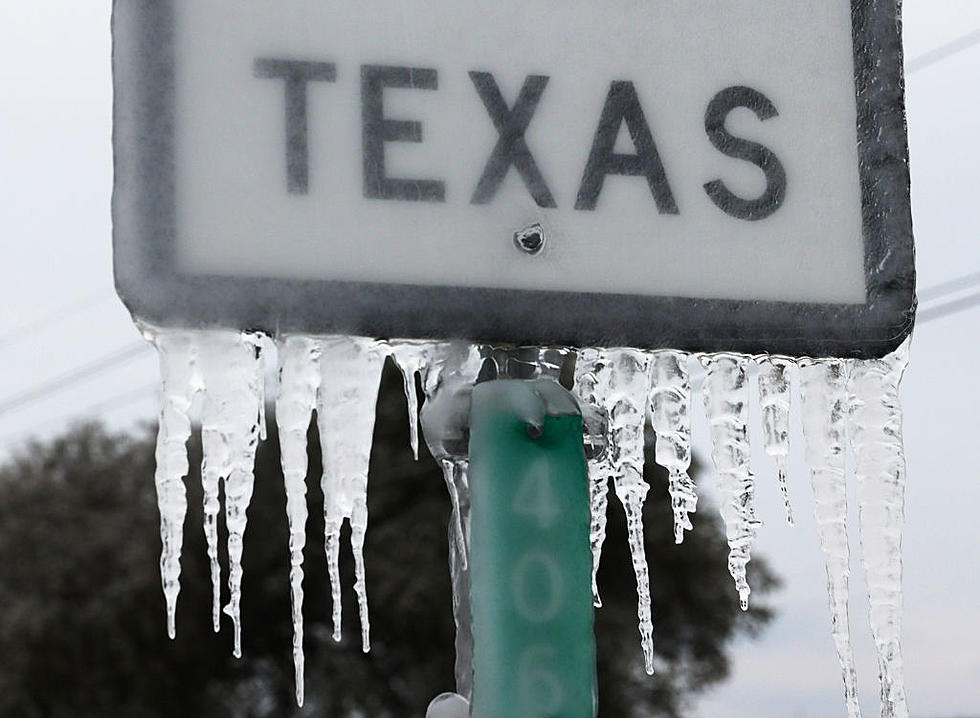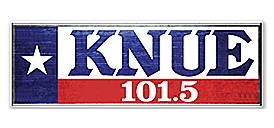
Save Money With These Electric Bill Tips During Texas Winters
With the cold weather here in some parts of Texas, it is time to remember some money-saving tips this year.
Most people are turning on their heaters to stay warm but that means your electric bill may be spiking, here are some things to remember and help prevent that from happening.
THERMOSTAT
According to Xcel, you can also save 1% of your total heating bill for every degree you set back your thermostat. Xcel recommends buying programmable or smart thermostats, that can help save money by adjusting the temperature when you’re away. Ideally 68 degrees or lower.
FIREPLACE
Fireplace owners should turn down their thermostat when using the fireplace to keep it from drawing heat out of the room.
Unplug unused appliances
Program your thermostat
Set your HVAC fan to auto
Replace your most frequently used lights
Install a low-flow showerhead
Change your air filters
Set the dishwasher to air dry instead of headed dry
Keep interior doors open to help air circulate and maintain constant heat levels
Use insulating window treatments to slow down heat loss
Invest in high-quality insulation in the cavities of your home
Replace old appliances
Insulate your attic
Smart power strips
Run ceiling fans in a clockwise direction to push warm air down from the ceiling, adding comfort and savings.
TIPS: Here's how you can prepare for power outages
LOOK: The most expensive weather and climate disasters in recent decades
Gallery Credit: KATELYN LEBOFF
KEEP READING: Get answers to 51 of the most frequently asked weather questions...




